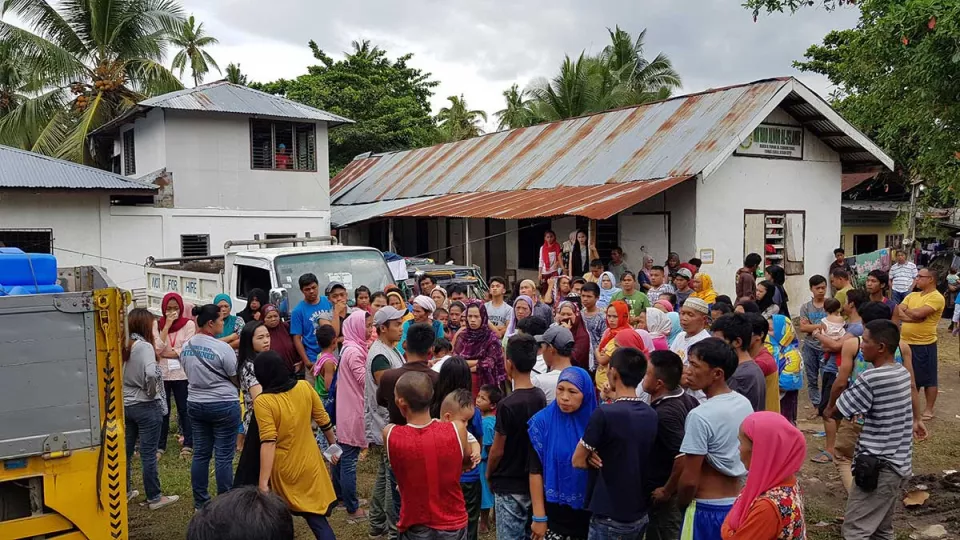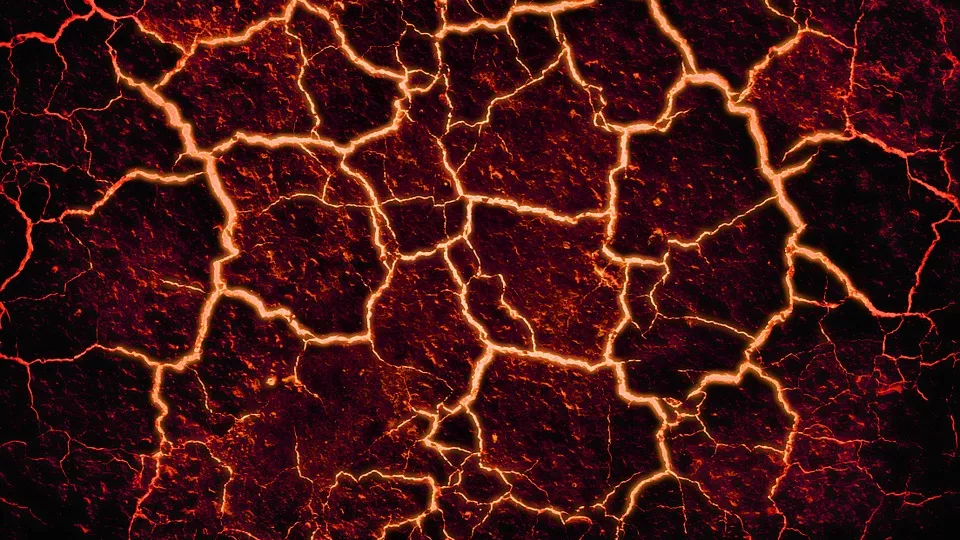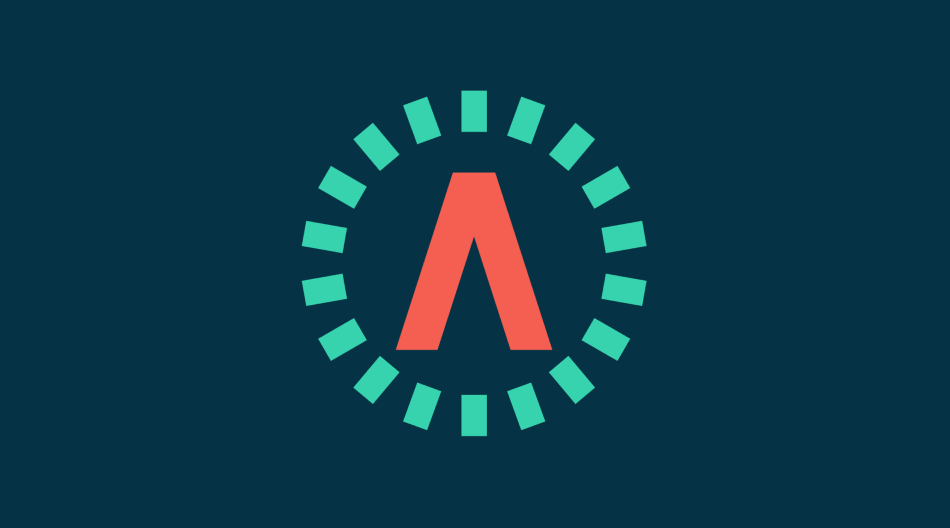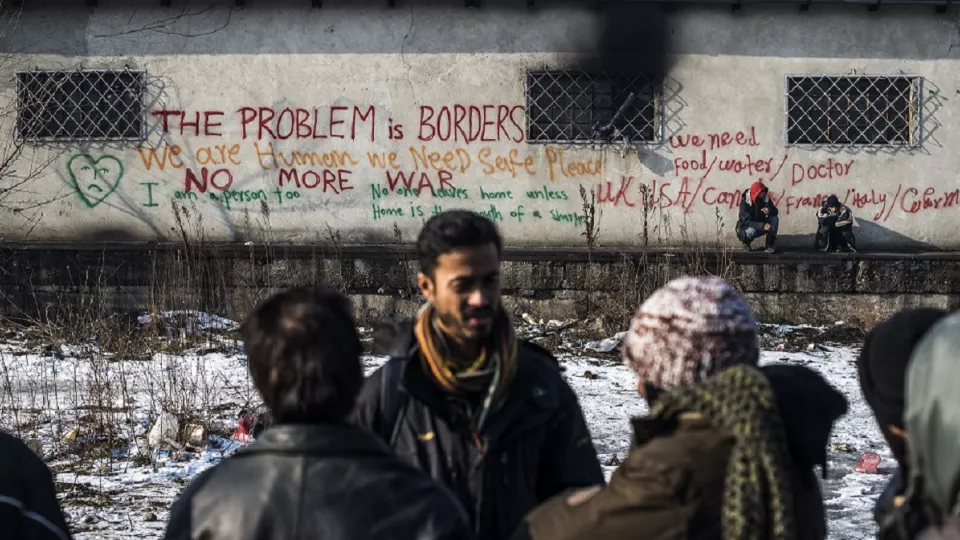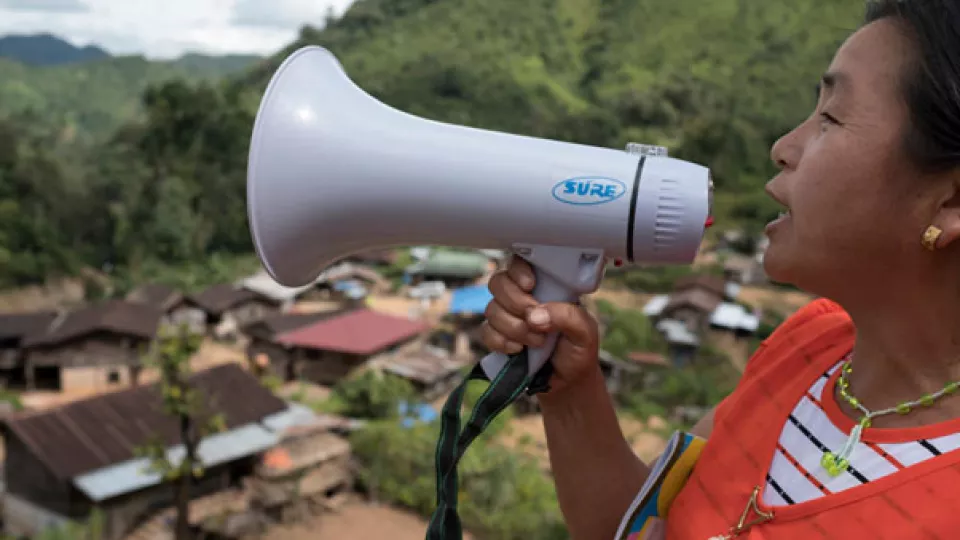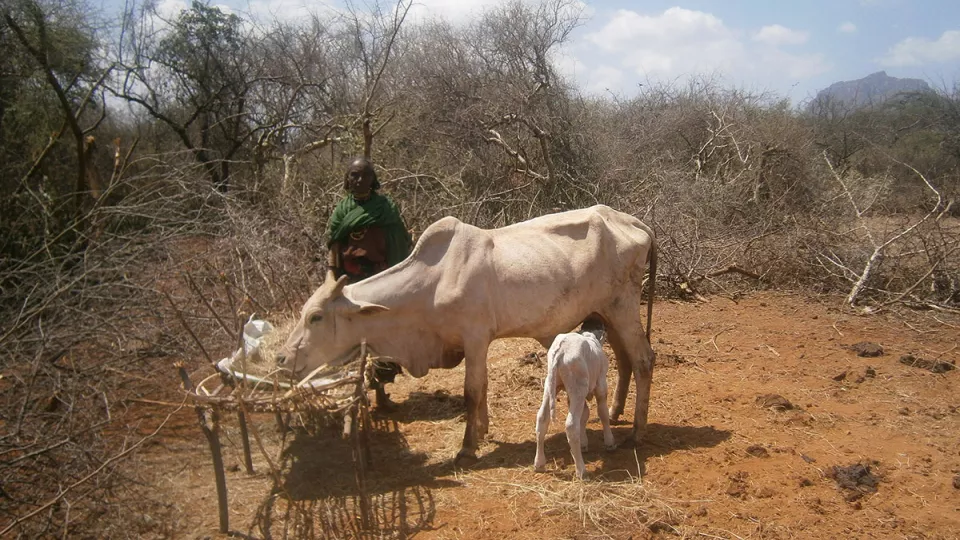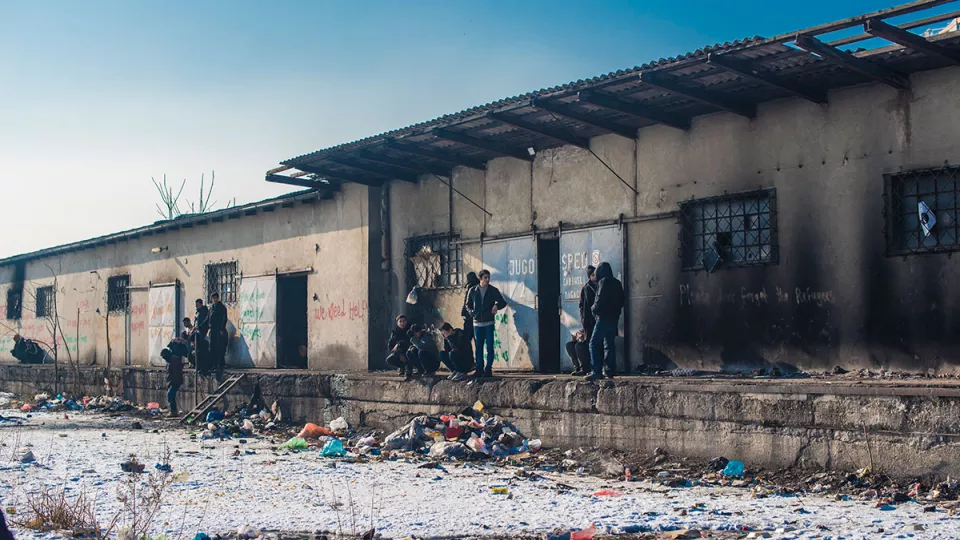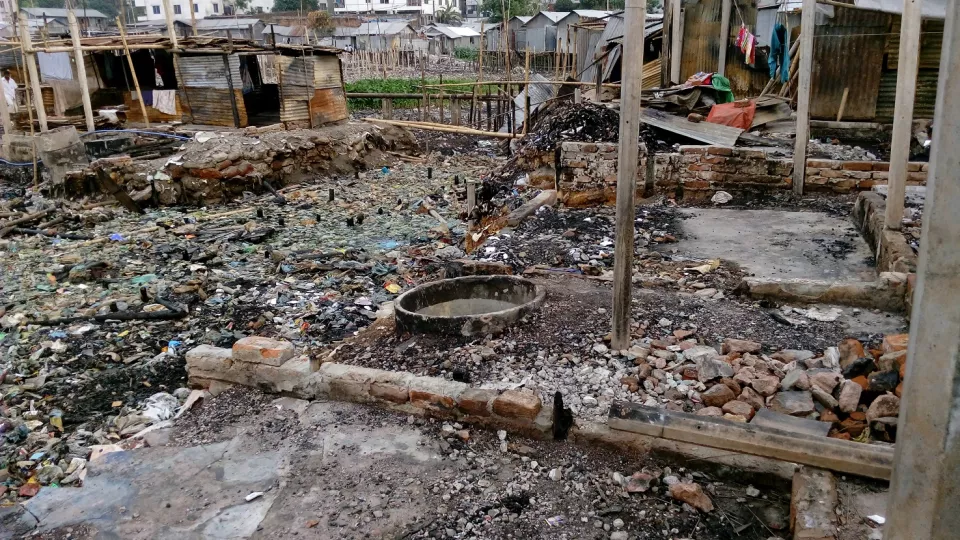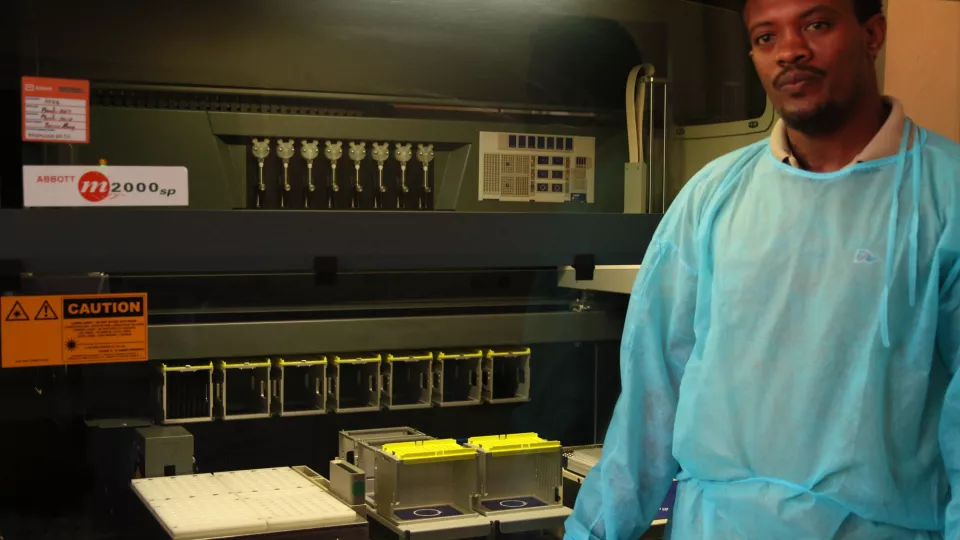In 2016, thirty of the biggest humanitarian donors and aid providers met at the World Humanitarian Summit to sign the ‘Grand Bargain’ commitments to get more means into the hands of people in need.
News and blogs
For lot of us, the idea of ‘risk management’ stirs up negative images- spreadsheets, risk registers, bureaucrats, dry software packages (shudder), or flustered efforts to address live risks spreading across media headlines. And that’s about it,…
As the Disasters Emergencies Preparedness Programme (DEPP) comes to a close, we have summarised key crisis responses that the DEPP has worked on and the how the DEPP projects impacted the communities.
Every year on the 20th of June, World Refugee Day is used to recognise and commemorate the strength, courage and perseverance of refugees. It is important to recognise the difficulties that refugees face, and work towards a world where all refugees…
In May this year, members in Pakistan raised a Start Fund alert for a heatwave, the alert was activated. Members had collectively analysed weather forecasts and had raised the alert before temperatures reached deadly levels. Start Network's Sarah…
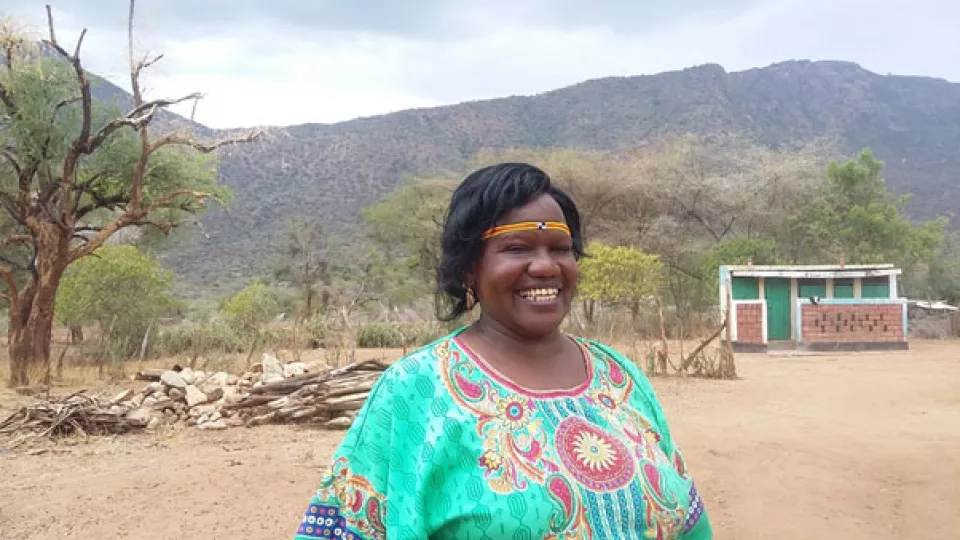
An interview with The Guardian: DEPP local partner speaks about disaster response and women's rights
In line with the Grand Bargain commitments, which came out of the World Humanitarian Summit in 2016, the Disasters & Emergencies Preparedness Programme (DEPP) has strengthened preparedness, created and supported collaborative networks, and…
The Start Fund, which provides rapid humanitarian aid for overlooked crises, is marking the second anniversary of the World Humanitarian Summit by sharing the impact of its 4th year, through its new annual report released today.
In eastern Myanmar, local communities in the mountains of Southern Shan State, are using inventive approaches and early warning systems to prepare for and protect each other against the effects of extreme weather events, which are predicted to…
The region of the Sahel in East Africa has suffered recurring droughts since the 1980s, devasting harvests, economies and traditional farming ecosystems. SOS Sahel Ethiopia, a national Non-Governmental Organisation (NGO), works to improve the living…
As the first phase of the MERF was ending we commissioned an independent research report to help answer these questions, build a more robust evidence base and feed into any modifications for the next phase of the MERF. The research ‘The Migration…
When a fire ripped through Ellias Mollah, a ‘slum’ in Dhaka, the Start Fund Bangladesh provided help when there was no other support, meaning the people in Ellias Mollah who lost their homes, could quickly access cash to rebuild, and did not have to…
The PHEP project was set up to better prepare and prevent disease outbreaks in Gambella, Ethiopia. Below we introduce some of the people who were trained by the project.

